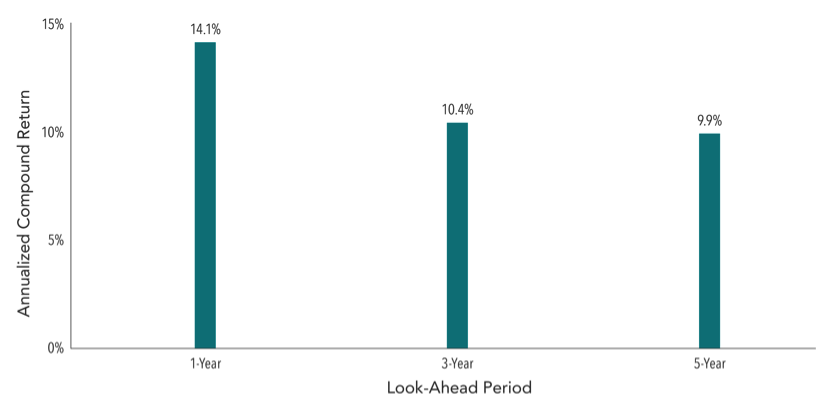Retirement planning is a journey that spans decades with numerous financial decisions, market conditions, and personal aspirations. One must merge intelligent financial planning with the right behavioral traits to navigate this journey successfully. The book “The Psychology of Money” by Morgan Housel offers some profound insights into how people perceive and act around money. Drawing from its wisdom, let’s frame retirement planning in a new light.
Intelligence vs. Behavior in Financial Planning” Doing well with money has a little to do with how smart you are and a lot to do with how you behave. And behavior is hard to teach, even to really smart people.”
Planning for retirement is not just about crunching numbers, predicting returns, or choosing the right investment product. It’s largely about behavior – your spending habits, savings discipline, and resistance to impulse purchases or risky ventures. It’s about consistency and understanding that the long-term perspective often wins over short-term gains. The smartest of investors have made colossal errors not because they lacked intelligence but because they acted on emotions rather than logic. Remember this as you chart out your retirement plan.
The Moving Goalpost of Retirement
“The hardest financial skill is getting the goalpost to stop moving. But it’s one of the most important.”
Your aspirations and needs change as you progress in your career and life. The dream retirement you pictured at 30 might be entirely different when you reach 50. While it’s natural to evolve and desire more, avoiding the pitfalls of constantly upgrading your retirement dream based on temporary desires or societal pressures is essential. A continuously moving goalpost makes it hard to set a clear savings target and can leave you chasing a dream without achieving it. It’s pivotal to reassess and recalibrate, but always within reason.
Avoiding Wishful Thinking in Investments
“The more you want something to be true, the more likely you are to believe a story that overestimates the odds of it being true.”
As retirement nears, the allure of high-return, quick-profit schemes becomes even more tempting. And the financial world is rife with stories of ‘the next big thing.’ However, remember that if an investment seems too good to be true, it probably is. Ground your retirement investment decisions in research, consultation with financial experts, and most importantly, realism.
The Emotional Challenge of Finance
“Finance is simple, but it’s not easy. It’s simple if you can keep your head while others are losing theirs. It’s not easy because keeping your head is a rare skill, particularly when money is involved.”
Market crashes, economic downturns, and personal financial crises are almost inevitable in a lifetime. The challenge is not avoiding these events, but navigating through them without making impulsive decisions that jeopardize your retirement. Cultivating a calm mind, especially during financial storms, is one of the best skills you can develop for a secure retirement.
Redefining Success in Retirement Planning
“There’s a lot of money in finance, and finance is dominated by people who have gotten rich. That doesn’t mean getting rich is the outcome that should define success in financial careers.”
Similarly, retirement doesn’t necessarily mean amassing vast wealth. It’s about ensuring you have enough to lead a comfortable life, fulfill your desires, and leave something for the next generation. Wealth is relative. Focus on what gives you peace of mind and a sense of security.
In conclusion, as we pivot our approach to retirement planning, it becomes evident that it’s less about the numbers and more about our behaviors and perspectives. Embracing this realization ensures not just a financially secure retirement but a contented one.






